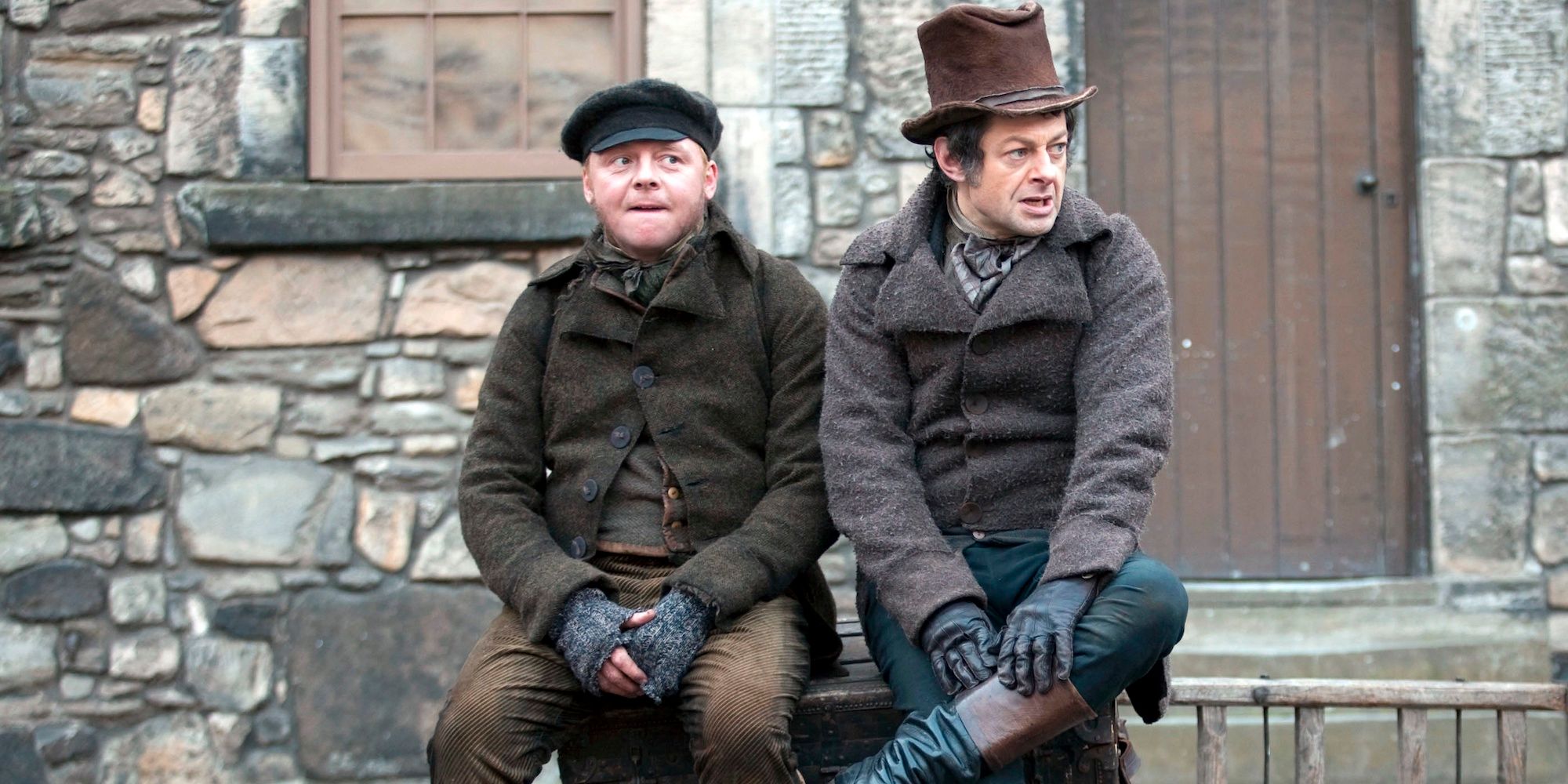So I rewatch Interstellar every so often, because I love the feels, the cinematography, and the soundtrack.
As I noted before, I think plot climax (the tesseract) is the weakest point, as well as Brandt's explanation of love, because it doesn't really spell things out clearly and because it still seems unbelievable that complex data could be transmitted by Morse Code manually. As I noted in the past, the idea of "love being quantifiable" isn't explained well; but in this case, it allows Cooper's relationship with Murph to inform him of the specific moments in the past where she is susceptible to receiving the data transmission + knowing what medium(s) would be relevant enough to her that she would be looking for it. This is where "love" can be quantified, where you have specific knowledge of the other person that others (without a relationship with said person) would not have; it informs you of the when, where, and how to best communicate with them.
Another thing I had noted in recent viewings is why Brandt seems so stupid on Miller's planet in regard to ignoring the waves. If you listen and watch carefully in terms of positioning, the reality is that when she starts heading for the wreckage, she doesn't yet recognize the ridge in the distance is a wave -- and then she DOES recognize it, but she is focused on that wave and just looking forward. Cooper is looking at that wave with her through the front windshield of the craft .... but he then realizes they might be in a swell, and goes to the BACK of the craft to look -- and sees the huge wave sneaking up on them from behind. The dangerous wave is approaching their position from behind. Despite Cooper's shouting, Brandt is confused and still focused on the front wave that is receding. She doesn't see the other wave until she turns and becomes trapped in the wreckage. So it was a simple positioning error on her part, too focused on what was literally in front of her, versus dismissing danger out of hand.
To be honest, Doyle makes the worst mistake here: He is too much a scientist in his own head and he pauses too many times to look at the wave, watching after Brandt's rescue, waits for the others to go on the craft first. He wastes a number of seconds LOOKING at things around him. Being an observer is great when you are a scientist. It is not great when you are in the field and there is danger to deal with. If he had headed back to the ship right after sending CASE after Brandt and not wasted time looking at the wave repeatedly, he would have survived. This is where people of action might succeed where observers fail.
I think there is also the parallel of Mann and Brandt -- when Amanda is the only one left, she realizes her situation is now like that of Mann's. She is going to an isolated planet that she hopes will be habitable (though she isn't totally sure), and she will likely died alone there, until the human seedlings come to fruition at least. Unlike Mann, she's accepted this is where she's stuck and will do her job to the end.
I don't know if Mann's exile rattled his brain. He should have certainly realized the threat of explosive decompression without a proper seal. It does set up one of the coolest scenes in the film, though.
I enjoy the humor in the film, including the banter between the mechs and Cooper, and also that whole introductory scene where Cooper has to meet with the school administrator and teacher. The administrator knows Cooper, and you can tell he's trying to be patient and kind of begging Cooper to let up a bit but has resigned himself to the talk going poorly; and the idealistic young teacher has no idea who she is dealing with when she asks him to reprimand Murph for getting into a fight over the authenticity of the Apollo missions. "There's a game tomorrow night, Murph's been going through a bit of a baseball phase. There'll be candy and soda and... well, I think I'll take her to that."

